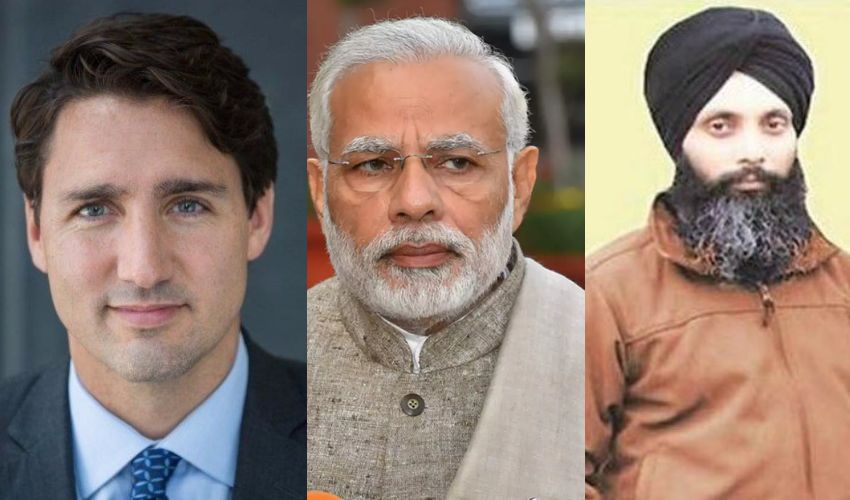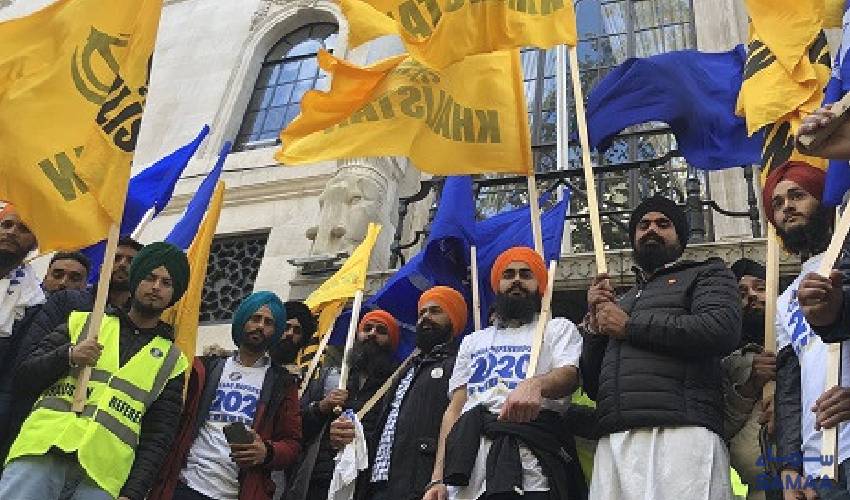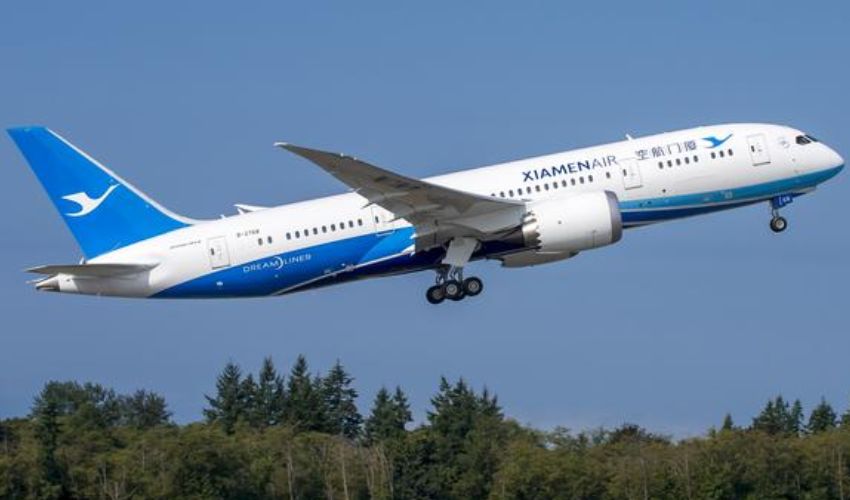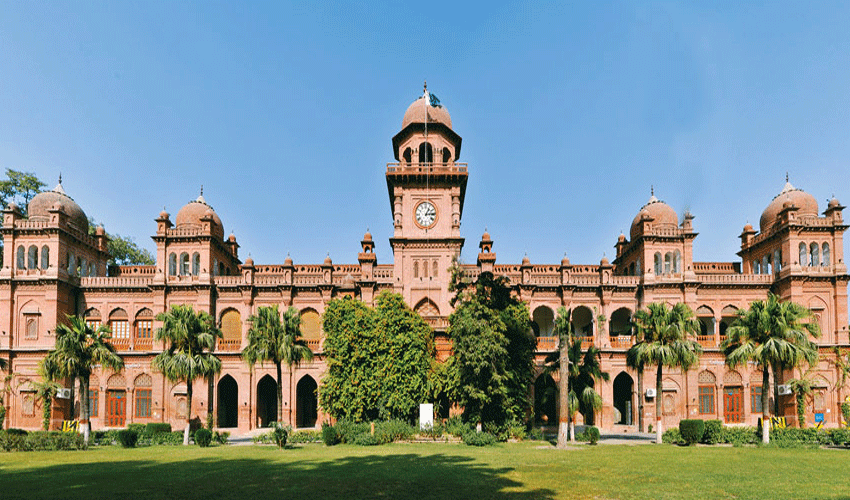In Khalsa Day celebrations across Canada, the support of the Khalsa movement has notably intensified, stirring diplomatic tensions between Canada and India.
Canadian Prime Minister Justin Trudeau, actively engaging in Sikh community events, reassured Sikhs of their rights and participation in the festivities.
Post-celebrations, condemnation of the Modi govt's alleged actions against Sikhs took place globally, with a significant number of Sikhs displaying anti-Modi sentiments and advocating for Khalistan through slogans and posters.
The Modi govt's response was swift, as it summoned the Canadian ambassador, accusing Trudeau of fostering violence and extremism on Canadian soil.
This exchange underscores the escalating tension between the two nations, with Trudeau's unequivocal stance on the Khalistan movement and the Indian govt's subsequent diplomatic actions signaling a deepening divide.
Trudeau's participation in Khalsa Movement events has further strained relations, with India asserting that terrorism has no place in Canadian territory.
These incidents highlight Canada's solidarity with the Sikh community and its stance against alleged perpetrators of violence, exemplified by the reference to Hardeep Singh Nijjar
The situation signifies a growing rift between India and Canada, with diplomatic channels likely to face continued strain amid differing perspectives on the Khalistan movement.



























